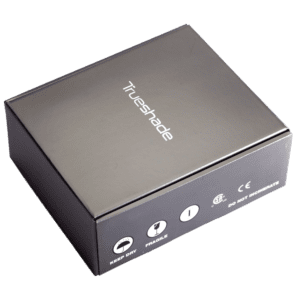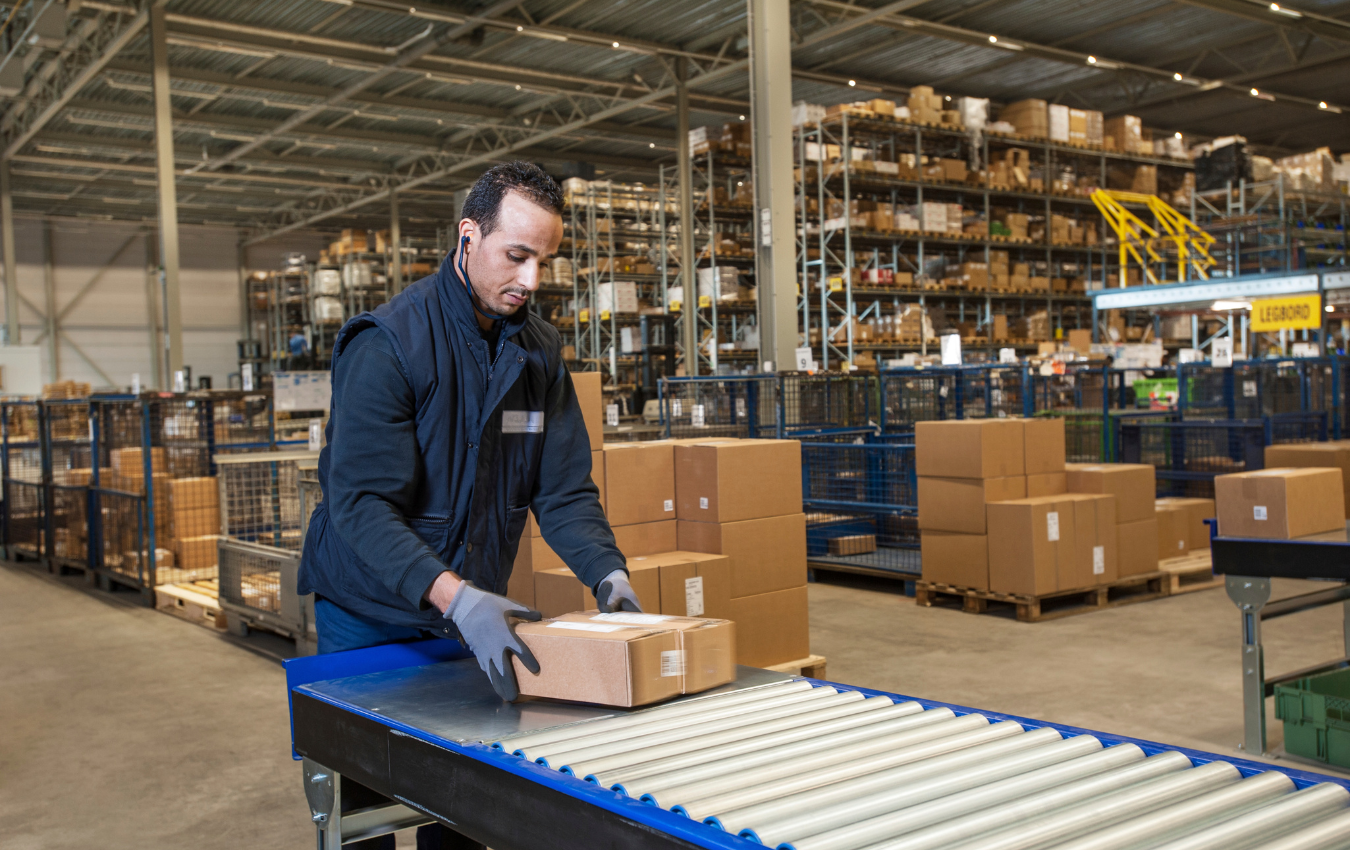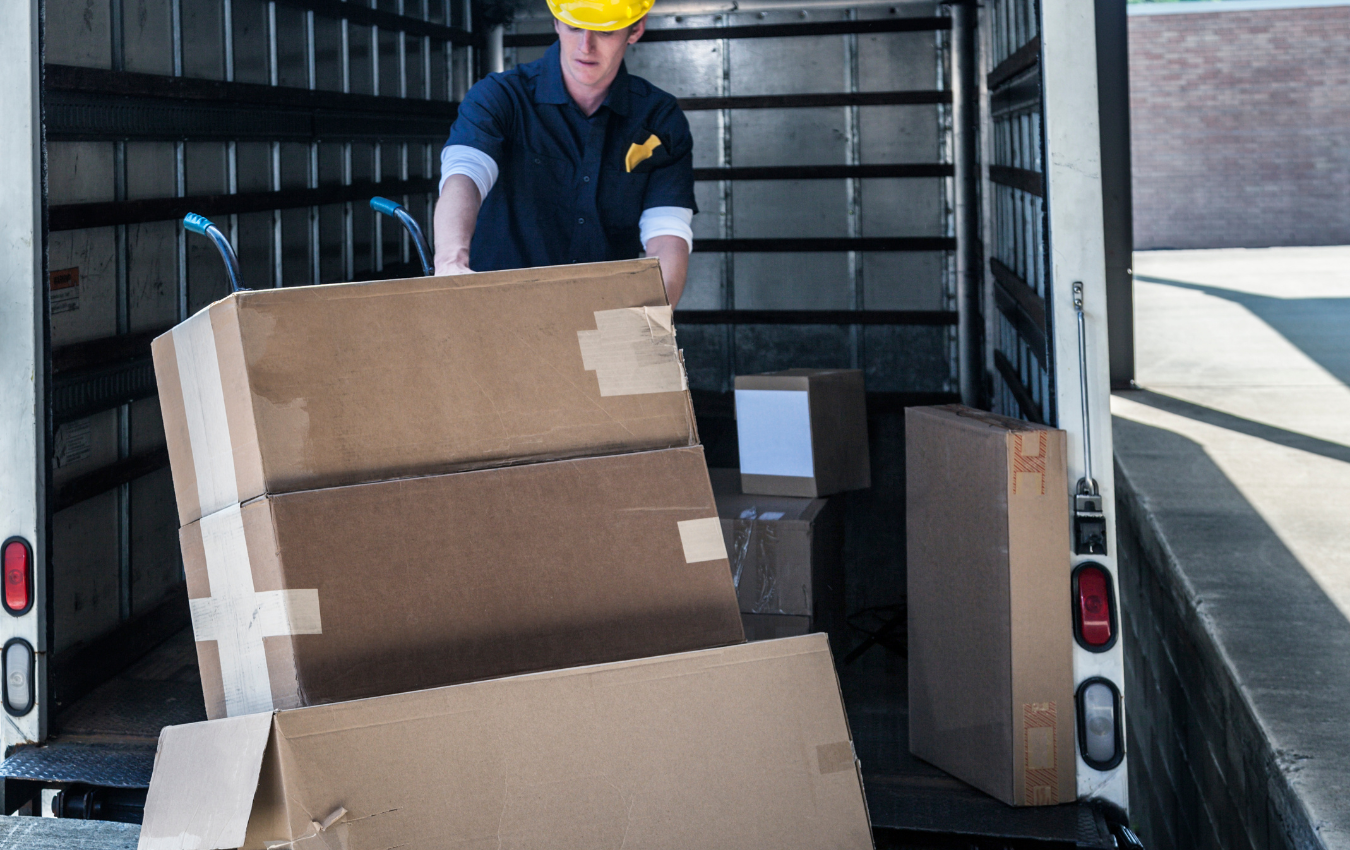Home » Top 10 Budgetary Considerations for Custom Packaging
Top 10 Budgetary Considerations for Custom Packaging
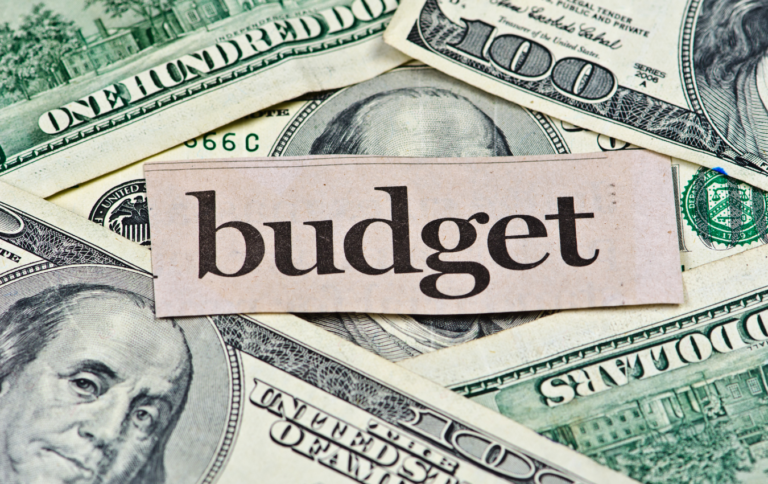
Custom packaging is an invaluable tool for businesses aiming to make a memorable impression, protect their products, and reinforce their brand identity. While it offers numerous benefits, one must approach custom packaging with a well-thought-out budget to ensure it aligns with financial goals.
In this comprehensive guide, we will delve into the key budgetary considerations for custom packaging, helping you strike a balance between your packaging aspirations and your financial constraints.
The Importance of Custom Packaging
Before diving into budgetary considerations, it’s essential to understand the significance of custom packaging:
- Brand Identity: Custom packaging allows you to convey your brand’s identity, values, and personality to consumers, fostering brand recognition and loyalty.
- Product Protection: Tailored packaging ensures that your products are well-protected during shipping, reducing the risk of damage and returns.
- Consumer Experience: It enhances the unboxing experience, leaving a lasting impression on customers and encouraging repeat purchases.
- Differentiation: Custom packaging sets your products apart from competitors on crowded shelves, helping them stand out and catch the eye of potential buyers.
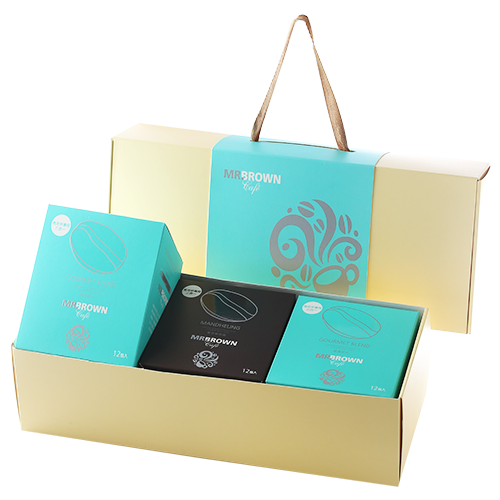
10 Budgetary Considerations for Custom Packaging
Now, let’s explore the crucial budgetary 10 factors to keep in mind when considering custom packaging:
Volume and Quantity
Determine the volume of custom packaging you’ll need. Ordering in larger quantities often reduces the cost per unit, but it’s crucial to strike a balance between a cost-effective order size and managing excess inventory.
Packaging Materials
Selecting the right materials for your custom packaging is a critical decision. The choice of materials, such as cardboard, corrugated board, or specialty papers, affects both the cost and the appearance of your packaging.
Design Complexity
The complexity of your custom packaging design can significantly impact costs. Elaborate designs with intricate graphics, special finishes, and unique die-cuts may be more expensive to produce.
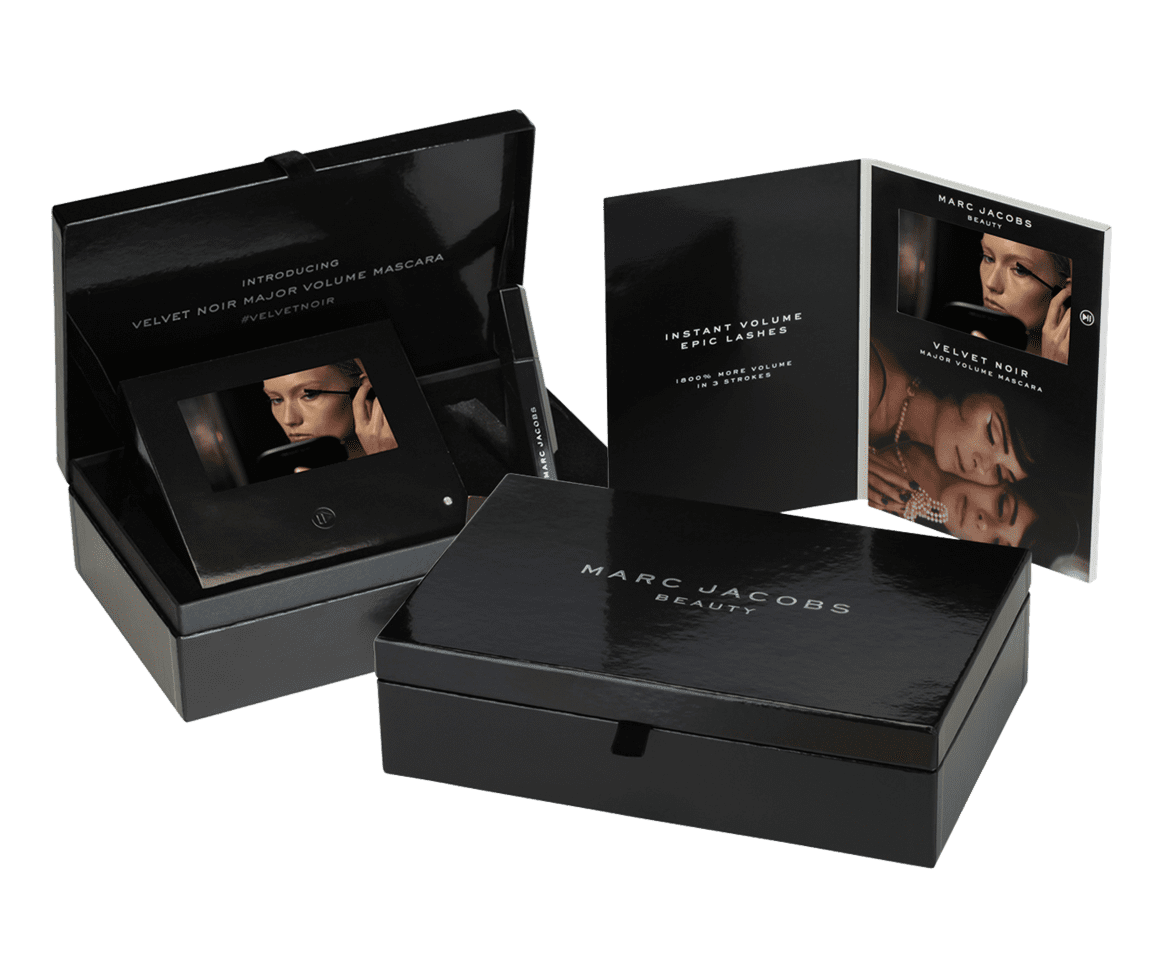
Printing Techniques
Consider the printing techniques you intend to use. Processes like digital printing, offset printing, or flexography offer varying levels of quality and cost. Choose the one that best aligns with your budget and design requirements.
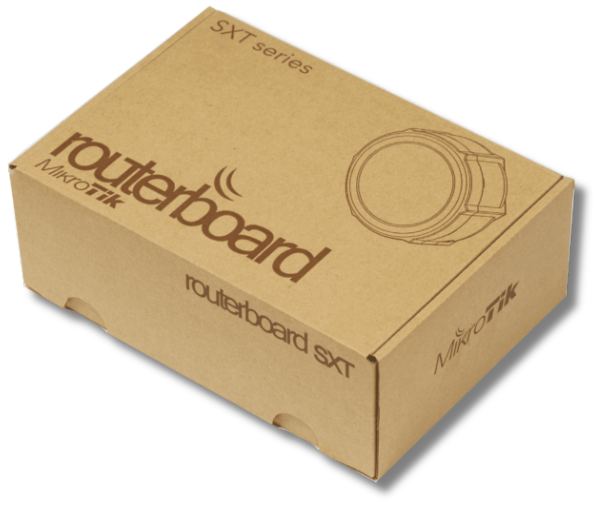
Customization Level
Customization options, such as embossing, debossing, foil stamping, and spot UV coating, can add a touch of luxury to your packaging but may also increase costs. Evaluate which customization elements are essential for your brand.
Sustainability Goals
If sustainability is a priority, explore eco-friendly packaging options. While sustainable materials and practices may initially incur slightly higher costs, they can align with your brand values and appeal to environmentally conscious consumers.
Fulfillment and Shipping
Consider the logistics and shipping costs associated with your custom packaging. Oversized or heavy packaging may lead to higher shipping expenses. Optimize the dimensions and weight of your packaging to reduce transportation costs.
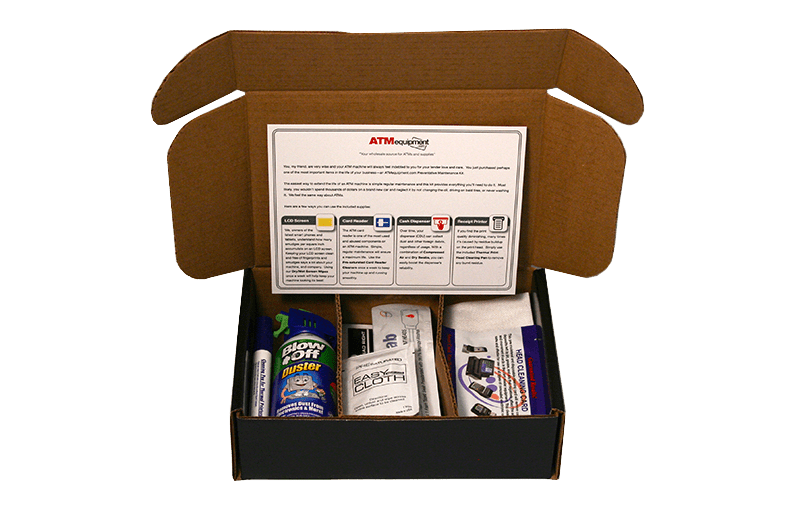
Packaging Supplier
Choose a reliable and cost-effective packaging supplier. Research multiple suppliers, request quotes, and consider their track record in delivering quality custom packaging within budget constraints.
Prototyping and Sampling
Before committing to a large production run, invest in prototypes and samples to ensure the design meets your expectations. This step can help avoid costly design revisions later.
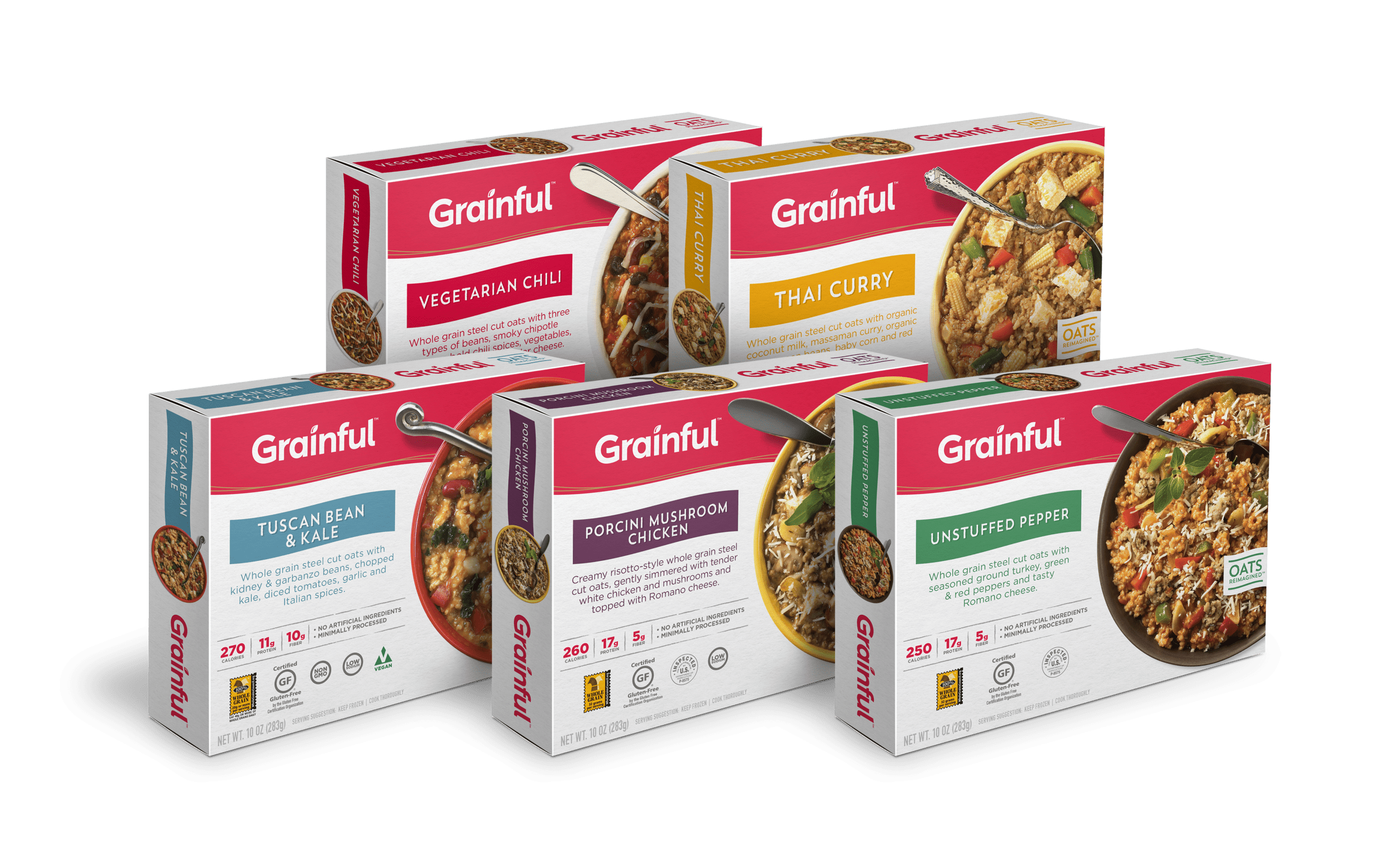
Long-Term Sustainability
Evaluate the long-term sustainability of your custom packaging choices. Investing in high-quality materials and designs that withstand wear and tear can reduce replacement costs over time.
Conclusion
Budgetary considerations for custom packaging are integral to achieving a balance between creating impactful packaging and managing costs effectively. By carefully assessing your packaging needs, materials, design complexity, and sustainability goals, you can make informed decisions that align with your budget while enhancing your brand’s image and customer experience. Custom packaging is an investment in your brand’s success, and with prudent budgeting, it can yield substantial returns in terms of customer loyalty and market competitiveness.
If you are interested in custom packaging, then partner with Brown Packaging today to get started.
After the holiday rush, many packaging buyers face inflated costs from excess materials, rushed procurement, and seasonal surcharges. Q1 is the ideal time to reset, review performance, and implement cost-saving
Subscription packaging remains one of the fastest-growing segments in e-commerce. In 2026, buyers face rising consumer expectations, stricter sustainability standards, and the need for efficient fulfillment. Packaging must balance branding,
Affordability used to be a quiet compromise — a goal that lived behind the scenes while marketing focused on gloss and finish. But in today’s market, affordability has become a
The Challenge Parakeet Cafe was preparing a holiday coffee blend promotion and needed custom digital printed pouches that reflected a festive, premium look. While the team knew the pouch size
Home » Top 10 Budgetary Considerations for Custom Packaging


